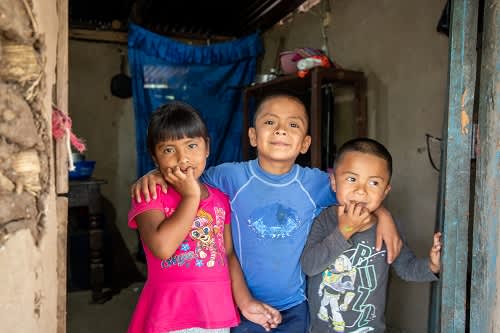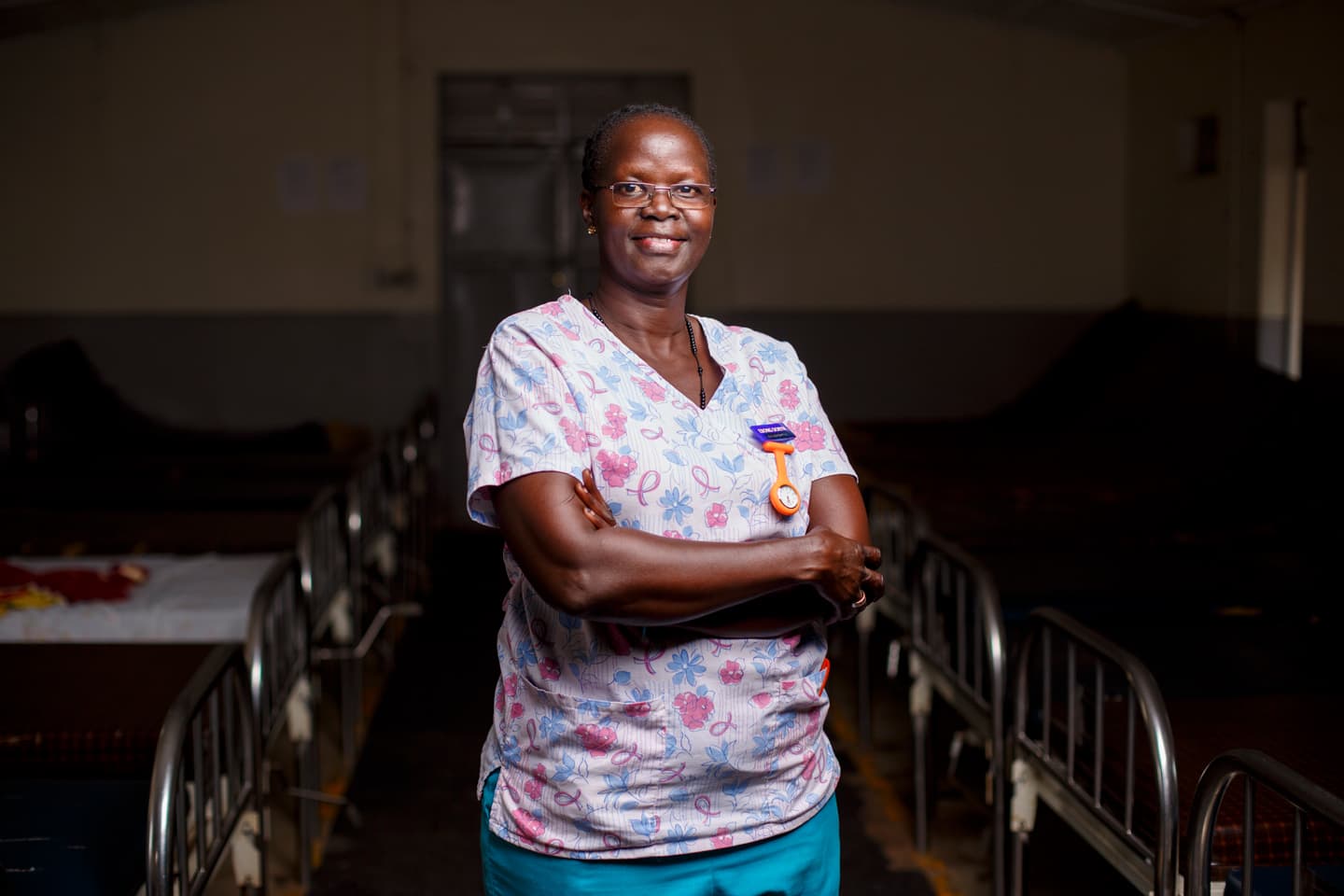Long-term partnership yields positive results for refugees | Takeda Stories
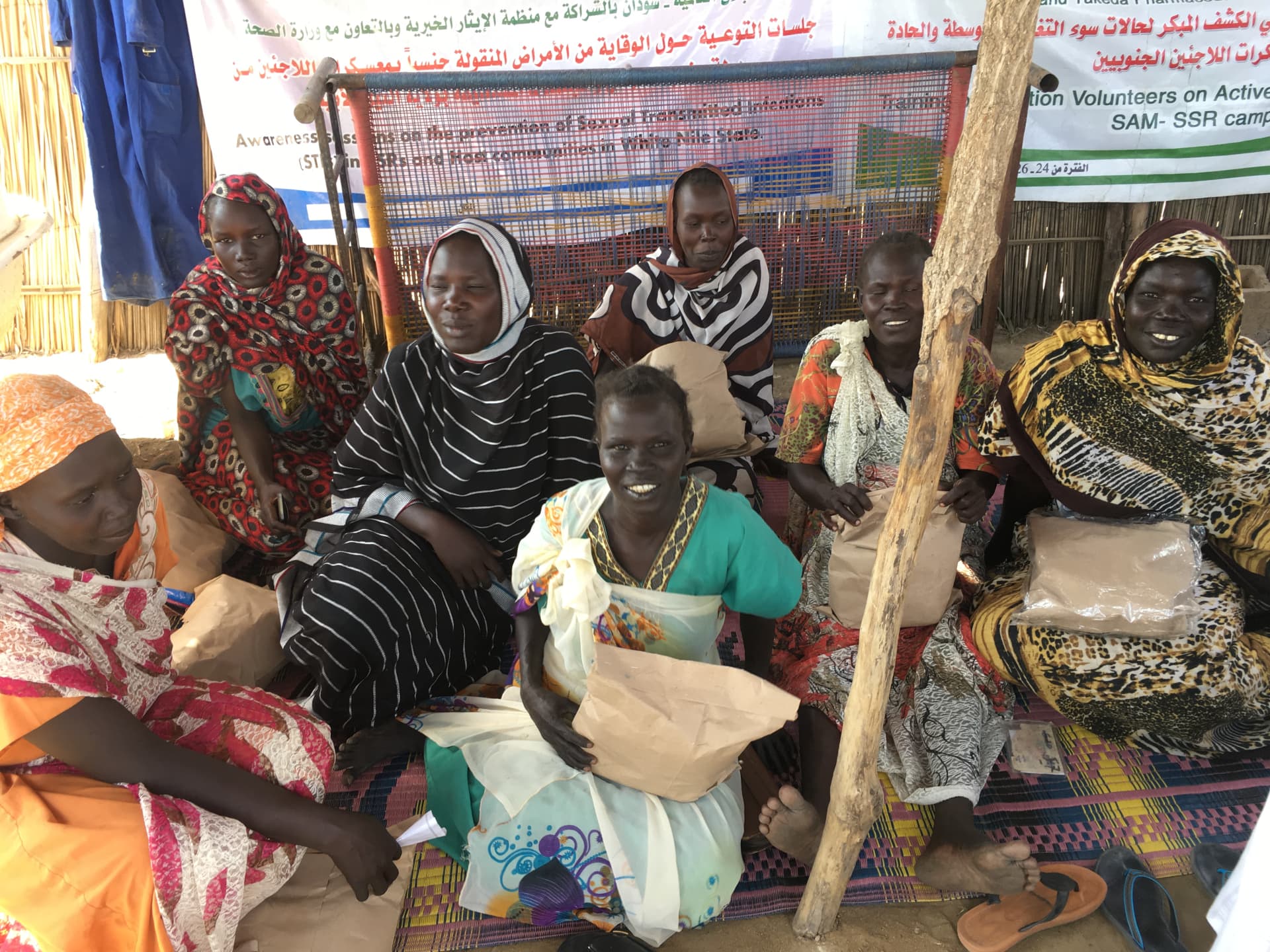
Long-term partnership yields positive results for refugees
Do you remember where you were and what you were doing five years ago? Many things were happening in the world: the dramatic rescue of boys trapped deep inside a cave in Thailand, the Winter Olympics held in Pyeongchang, Korea, and a distinguished professor at Kyoto University and others received the Nobel Prize in Physiology or Medicine. And, we began a five-year partnership with Plan International to improve the health of refugees.
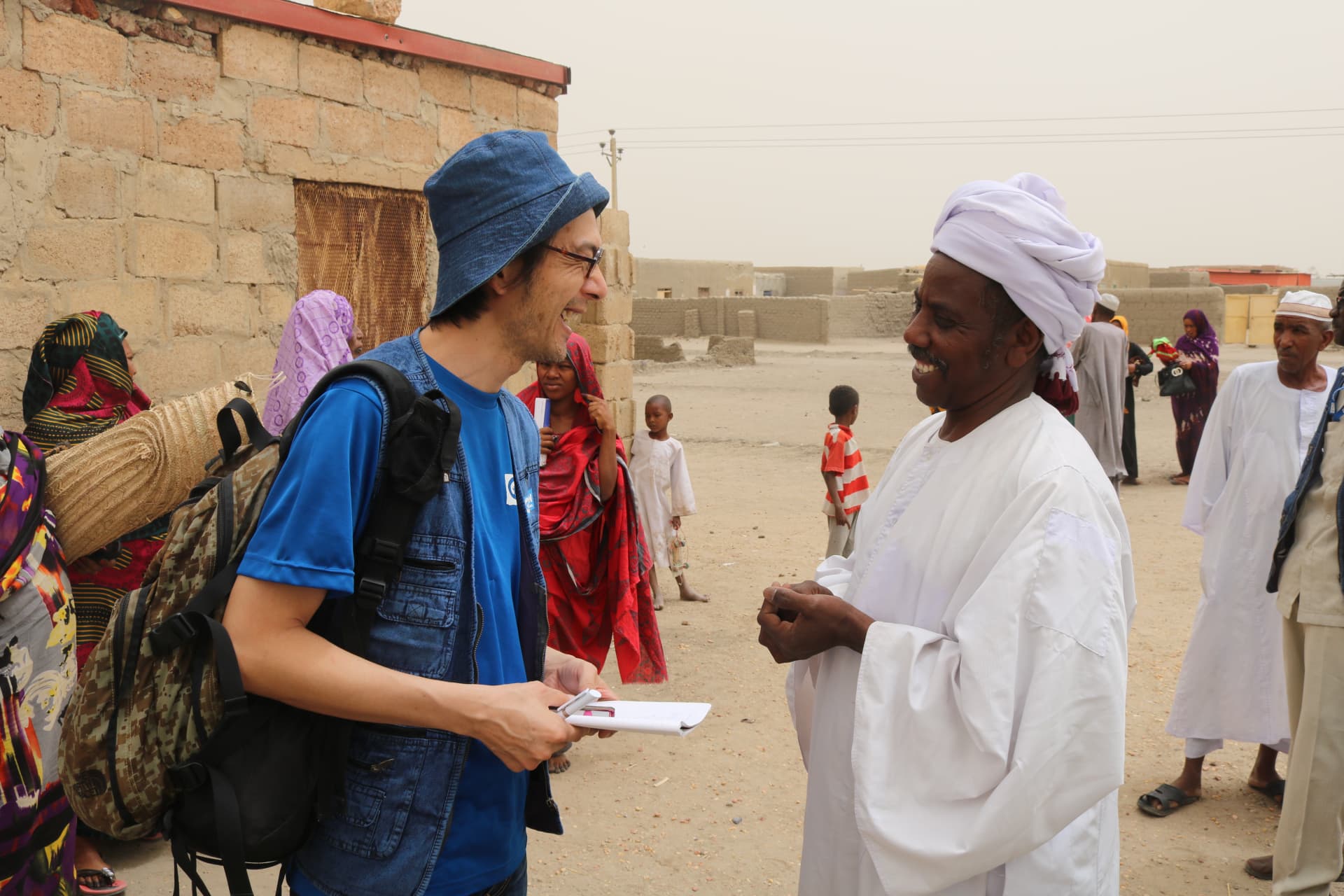
Hiroaki Umano of Plan International, on the left, working in Sudan
Hiroaki Umano, program director of Plan International, an international non-governmental organization (NGO) says, “I still remember the day when we entered into a partnership with Takeda. When I received the email from the office informing me of the selection, I was so happy that I jumped up and down and shouted, ‘We did it!’ I was told by my boss to quiet down because guests were visiting!"
Each year, we ask our employees to vote on which international organizations and NGOs to support through our Global CSR Program. One of those organizations was Plan International, with whom we launched a five-year partnership to improve the health of South Sudanese and Syrian refugees and their host communities.
Plan International’s strategy centered on securing safe drinking water and access to sanitation, improving health facilities, providing education on nutrition and health, including SRHR (Sexual and Reproductive Health and Rights), and training community health workers.
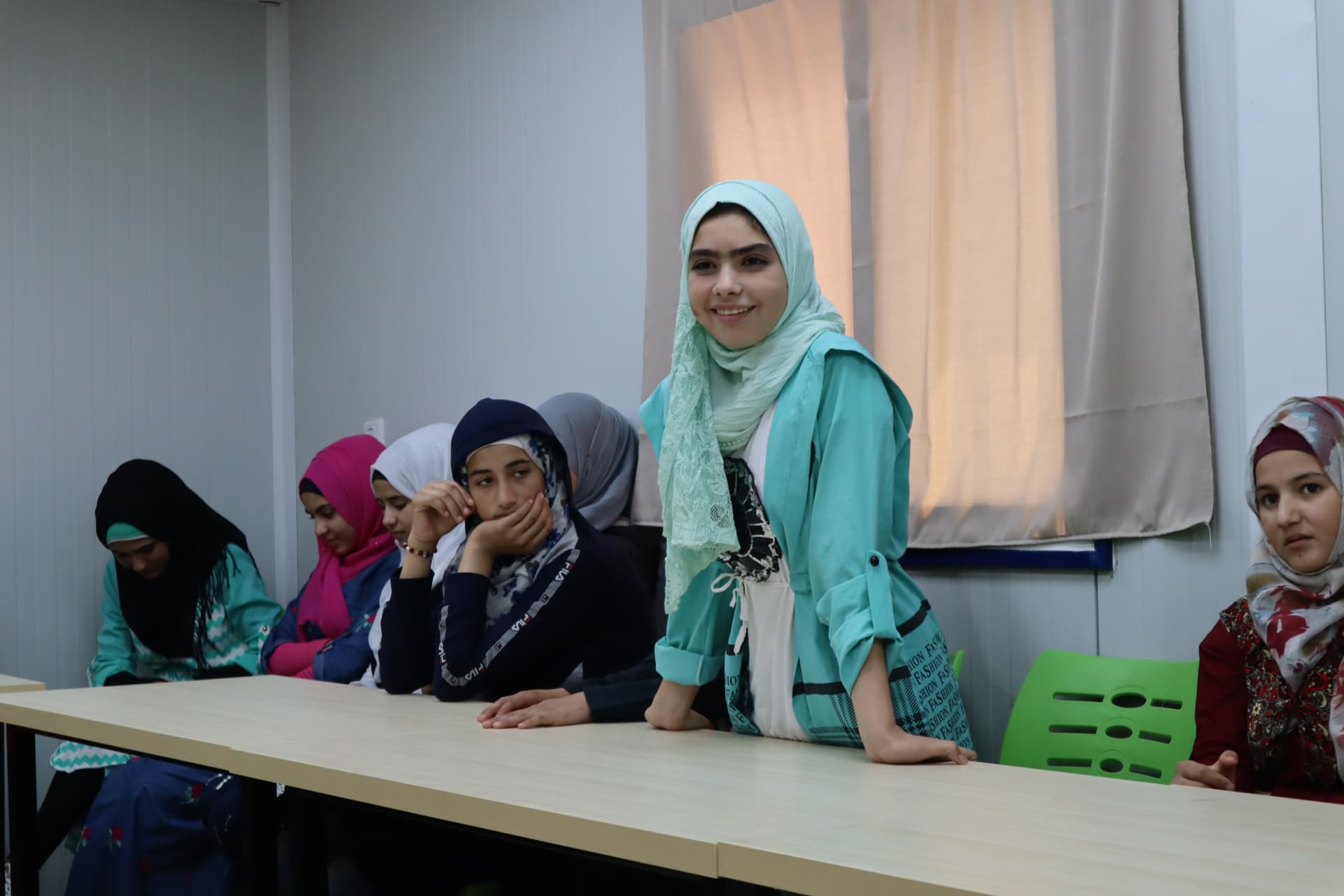
Young Syrians at a workshop on SRHR
Having gained its independence after a long conflict, South Sudan once again entered a state of civil war in 2013, resulting in one of the largest refugee crises in Africa. In Syria, armed conflict began within the country in 2011, and many children and their families fled internally and externally as refugees and internally displaced persons.
“The number of refugees in the world keeps growing, and now stands at over 100 million1. Public attention to the issue was initially high, but interest began to wane. Despite this, Takeda has worked steadfastly on the issue for a long time, and together we have been working to create a society where nobody is left behind,” says Hiroaki.
Latrines as a public health tactic
Over the past five years, Plan International has undertaken several environmental sanitation initiatives to help enable refugees to take disease-prevention measures. One of these centered around the importance of latrines. Access to sanitation and the use of hygienic toilets (instead of defecating outdoors) reduces the number of disease-carrying pests such as flies and prevents contamination of drinking water. This reduces the incidents of diarrhea and malnutrition, which is critical to the survival of children.2
In a survey carried out in the project areas, the number of households using latrines in South Sudan increased from 15% to 74%3 as a result of the organization’s activities.
“We did not just build toilets,” says Hiroaki, “but through repeated dialogue and community-led sensitization sessions, we promoted the use of toilets, leading to a change in people’s health behaviors. If we had partnered with Takeda for only a short period of time, I don’t think we would have been able to make these longer-lasting changes. It is both rare and important to have a partner with whom you can build a long-term partnership.”
Long-term partnerships are foundational to our company’s global aspirations for CSR, according to Takako Ohyabu, our chief global corporate affairs and sustainability officer.
“As a company with over 240 years of history, we know sustainable impact takes time. With a long-term view, we will build partnerships with various organizations to better serve and empower these communities,” she says.
Impact in numbers
Through our five-year Global CSR Program partnership with Plan International, positive health behaviors and access to essential services increased amongst South Sudanese and Syrian refugees and their host communities across seven countries*. As a result, more people are taking healthier actions and receiving essential services as shown below comparing 2018 and 2023.
504,728
28%
26%
35%
43%
10%
- https://www.unhcr.org/refugee-statistics/
- Diarrhea is the second leading cause of child morbidity and mortality worldwide. More than 90% of the global diarrhea death of children under 5 are from low- and middle-income countries, according to the United Nations specialized agencies for Health and Children. https://www.who.int/news-room/fact-sheets/detail/diarrhoeal-disease https://data.unicef.org/resources/one-many-ending-child-deaths-pneumonia-diarrhoea/
- From Plan International's Voluntary Project Evaluation Survey data. *South Sudan, Uganda, Ethiopia, Sudan, Lebanon, Egypt, Jordan **South Sudanese refugee support area: South Sudan, Uganda, Ethiopia, Sudan
Photo Credit: Plan International
Share this story







